
Confronting Agent Orange
Allegations of Agent Orange use are rekindling the anti-base movements in South Korea and Japan.

Allegations of Agent Orange use are rekindling the anti-base movements in South Korea and Japan.
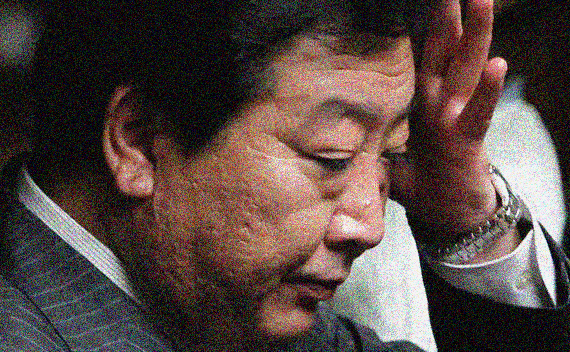
China is key to Japan’s economic recovery.
Robots were a major force in the automation drive that made Japan the most competitive nation in manufacturing in the 1980s. That glory seems to have faded in recent decades, and Japanese robotics are no exception.

Lady Gaga recently went to Japan to help out the victims of the earthquake. But did she send out all the right messages?
In towns and cities all over Japan farewell gatherings were being held, as “returnees” to North Korea packed their bags and boarded trains that would take them to the port of Niigata where, after various formalities including a “confirmation of free will” by the International Committee of the Red Cross, they would board Russian ships for the voyage to Cheongjin in the Democratic People’s Republic of Korea.
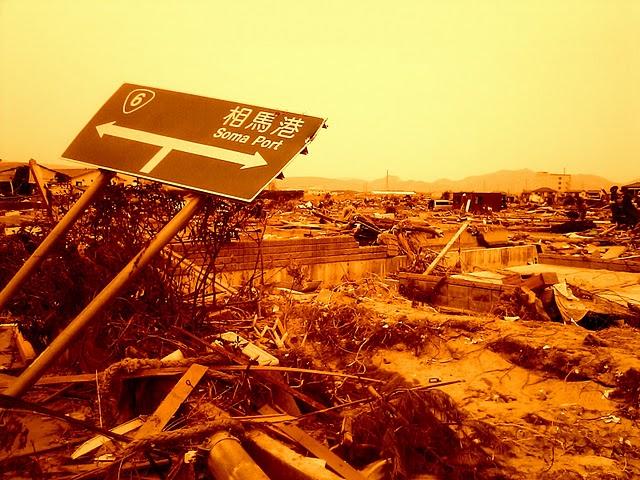
Japan is still digging its way out of the earthquake and tsunami that hit in March. Here’s a way to help.
For the student of contemporary Japan, these are sad times…because of the growing sense that Japan lacks a truly responsible democratic government to address these issues, and because its people deserve better.
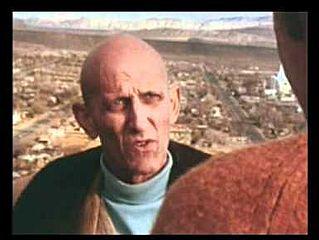
A poignant and potent documentary that exposes the government’s suppression of the health hazards of low-level radiation — even more relevant since the release of radiation from damaged nuclear plants in Japan, and reports that long-term effects of the Chernobyl disaster may have been covered up.
A recent government decision callously put thousands of kids in harm’s way.
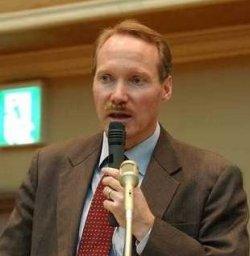
A State Department official resigned after describing Okinawans as “extortionists” and “lazy.” Here’s the story behind the story.
As Japan’s government gets set to expand a nuclear evacuation area, the mayor of a city inside the radioactive zone speaks about his fears.
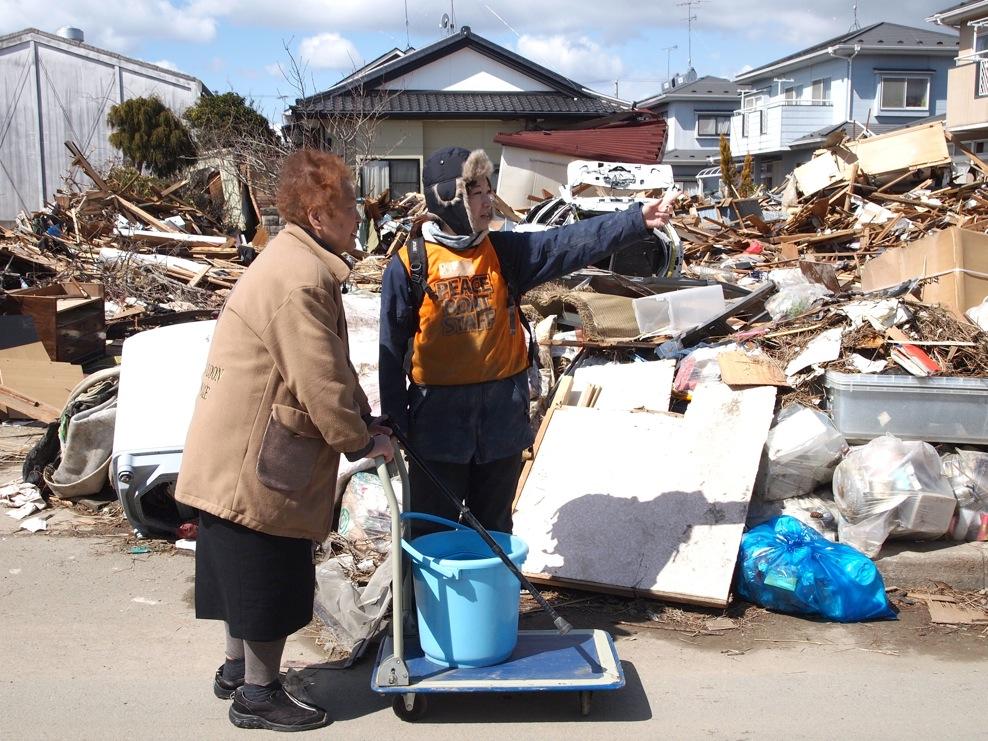
The Japanese NGO Peace Boat puts the humanity back into humanitarian relief operations.
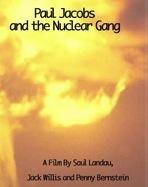
Paul Jacobs A poignant and potent political documentary that exposes the government’s suppression of the health hazards of low-level radiation. Paul Jacobs is himself a victim of lung cancer, that would kill him before this picture was finished and which his doctors believe he contracted while he was investigating nuclear policies in 1957. He interviews civilians and soldiers, survivors of nuclear experiments in the 50s and 60s, testing the effects of radiation. By the time this film was made, a lot of them had died from the radiation.
In nuclear energy, as in economics and security issues, Japan has engaged in some seriously risky business.

During this ongoing nuclear disaster, Japanese leaders should do a great deal more to safeguard the children of the country.